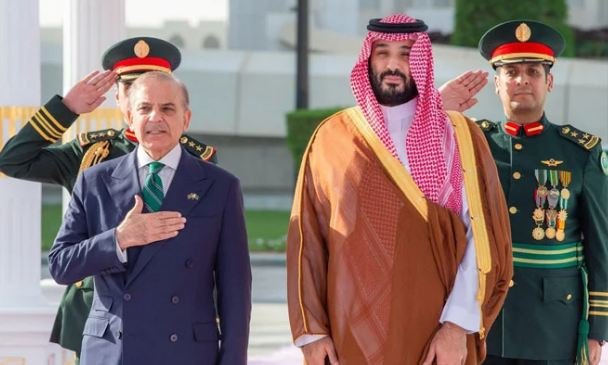
The recent joint defence pact signed between Saudi Arabia and Pakistan, following the extraordinary meetings of the OIC and Arab League in response to Israel’s attack on Qatar, reflects a historic shift in regional alignments. According to the agreement, any attack on either country will be treated as an attack on both, committing them to ensure each other’s security. On the surface, this pact carries echoes of classical collective defence treaties, where an external aggressor is clearly identified and member states pledge solidarity. NATO, for instance, was established in 1949 with the USSR as its primary threat, while the QUAD today is visibly shaped around concerns regarding China’s influence in the Indo-Pacific.
In the current case, Israel emerges as the implicit aggressor, and it is Saudi Arabia that stands to benefit most from Pakistan’s military reassurance. For Riyadh, Pakistan’s commitment extends beyond diplomatic solidarity; it potentially brings one of the most battle-tested militaries of the Muslim world into the equation. This is strategically advantageous for the Kingdom, particularly at a time when Israel’s assertive posture has unsettled Gulf capitals.
For Pakistan, however, the benefits appear less straightforward. The pact does not alter the threat calculus it faces from its immediate neighbor, India. Unlike Israel for Saudi Arabia, India remains Pakistan’s primary security concern. Yet, there is no indication that Riyadh would reciprocate with the same commitment if New Delhi were to launch aggression against Pakistan. This asymmetry reveals the pact’s limited utility from Islamabad’s perspective. It ties Pakistan into a defencive framework that may require it to commit forces or resources in the Gulf, while offering no guarantee of support in its own neighborhood.
This is not the first time Pakistan has been drawn into Middle Eastern security frameworks more for the benefit of Gulf monarchies than its own strategic needs. The dilemma recalls Pakistan’s earlier entanglements in regional conflicts, where alliance commitments often tilted heavily in favor of its partners. Today, with an economy under stress and a volatile eastern front, Islamabad must carefully weigh the costs of such pledges.
The larger question, then, is whether Pakistan can afford to bind itself to a defence pact whose orientation serves another state’s security priorities more than its own. While solidarity with the Muslim world remains a cornerstone of Pakistan’s foreign policy, history suggests that states craft defence pacts primarily to safeguard their own strategic vulnerabilities. Unless Pakistan ensures reciprocity in such arrangements, it risks becoming a security provider without receiving the same guarantees in return.
The author is a Lecturer in International Relations at NUML Peshawar Campus
Write By Inam Ullah

